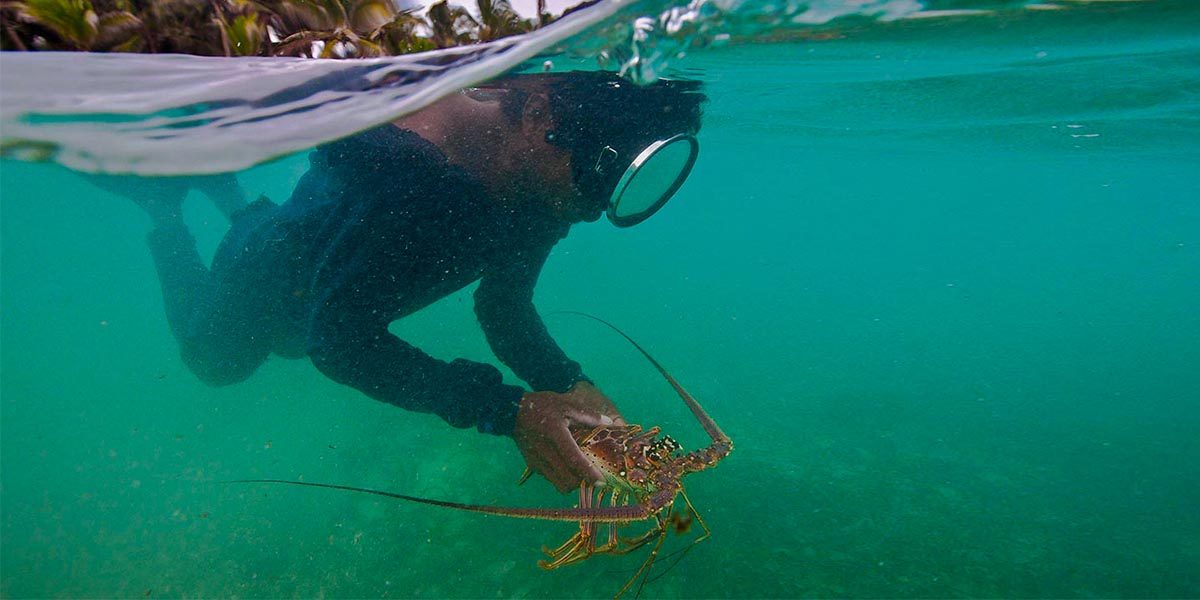The purpose of this study was to help clinicians understand the impact of delayed recompression treatment of decompression illness (DCI) among Miskito fishermen divers.
Adequate levels of physical fitness are necessary to meet both typical and emergent demands of diving. But sometimes, guidelines have unrealistically high bars that not all divers can meet.
Decompression sickness can occur if a diver does not properly space out diving and flying postdive. The data collected from these studies influenced the current guidelines on when to fly postdive.
Diving with a pacemaker is generally not recommended given the risk of drowning due to a possible underwater electrical shock and other complications.
The use of nasal decongestants increased a diver’s risk for developing CNS oxygen toxicity. Factors like gender, could influence symptoms and severity.
The primary objective of this study was to increase breath-hold diving time to a maximal safe level without danger of loss of consciousness or functional incapacity.
Drugs such as Cialis or Viagra belong to a family of drugs called PDE5 inhibitors which may cause vasodilation in the brain and thus increase the risk of oxygen toxicity. This study concluded that rats treated with PDE5 inhibitors had a faster onset of CNS oxygen toxicity resulting in oxygen seizures than rats not treated with PDE5 inhibitors.
Oxygen breathed at elevated pressure (hyperbaric oxygen) is the definitive treatment for decompression illness. The purpose of several studies at DAN was to evaluate the performance of oxygen delivery systems made available to or being used for divers.
Divers Alert Network aims to assess the safety of using full-face snorkel masks (FFSMs). In recent years DAN has begun to receive incident reports connected to these new devices. This study aims to test different FFSM models to determine their characteristics and observable risks. The testing will be a collaborative effort between DAN and Duke University.
DAN conducted an online survey of divers who were recompressed for DCI within the past five years and then flew in an airplane to try to answer “How long should you wait to fly after recompression therapy?”



